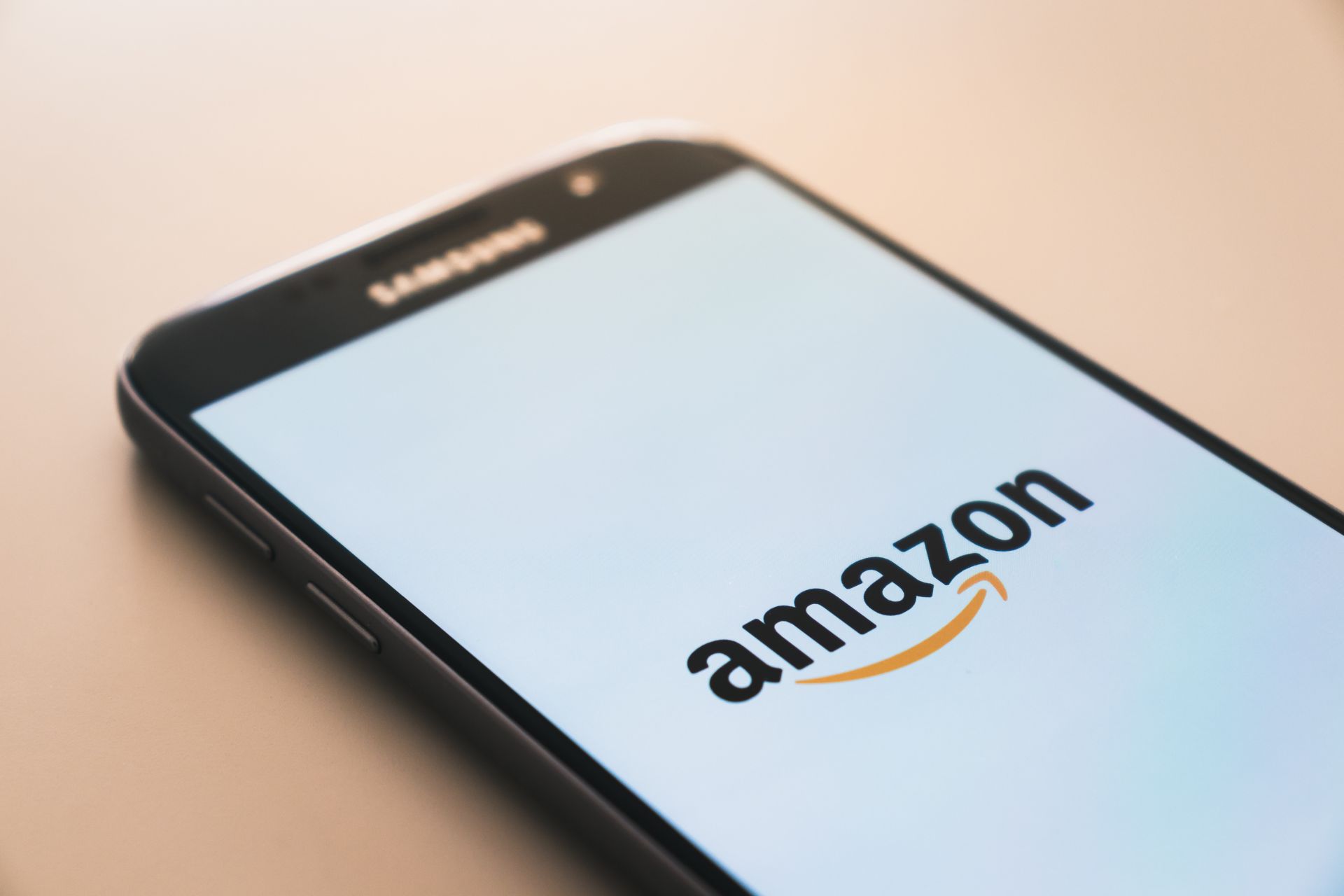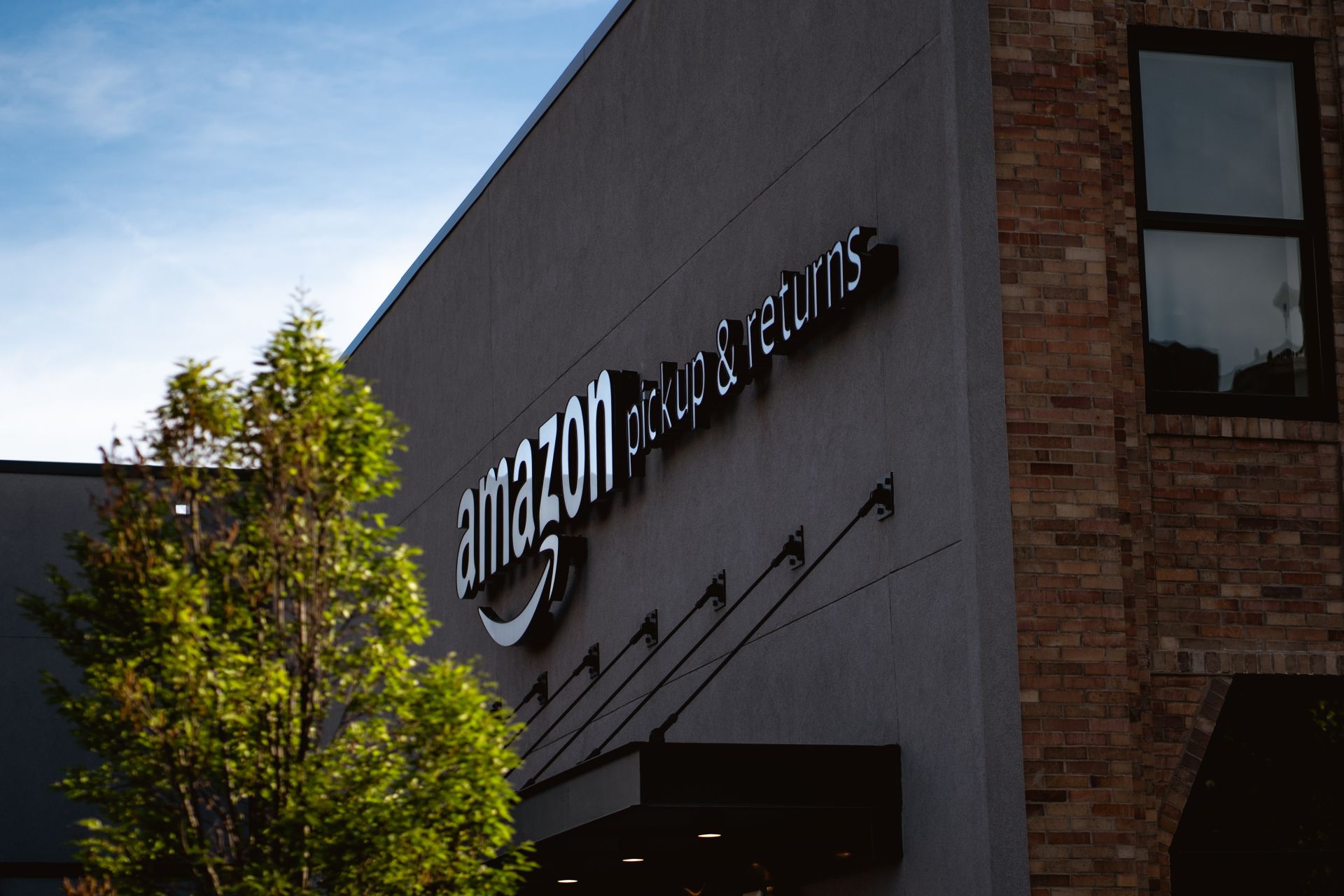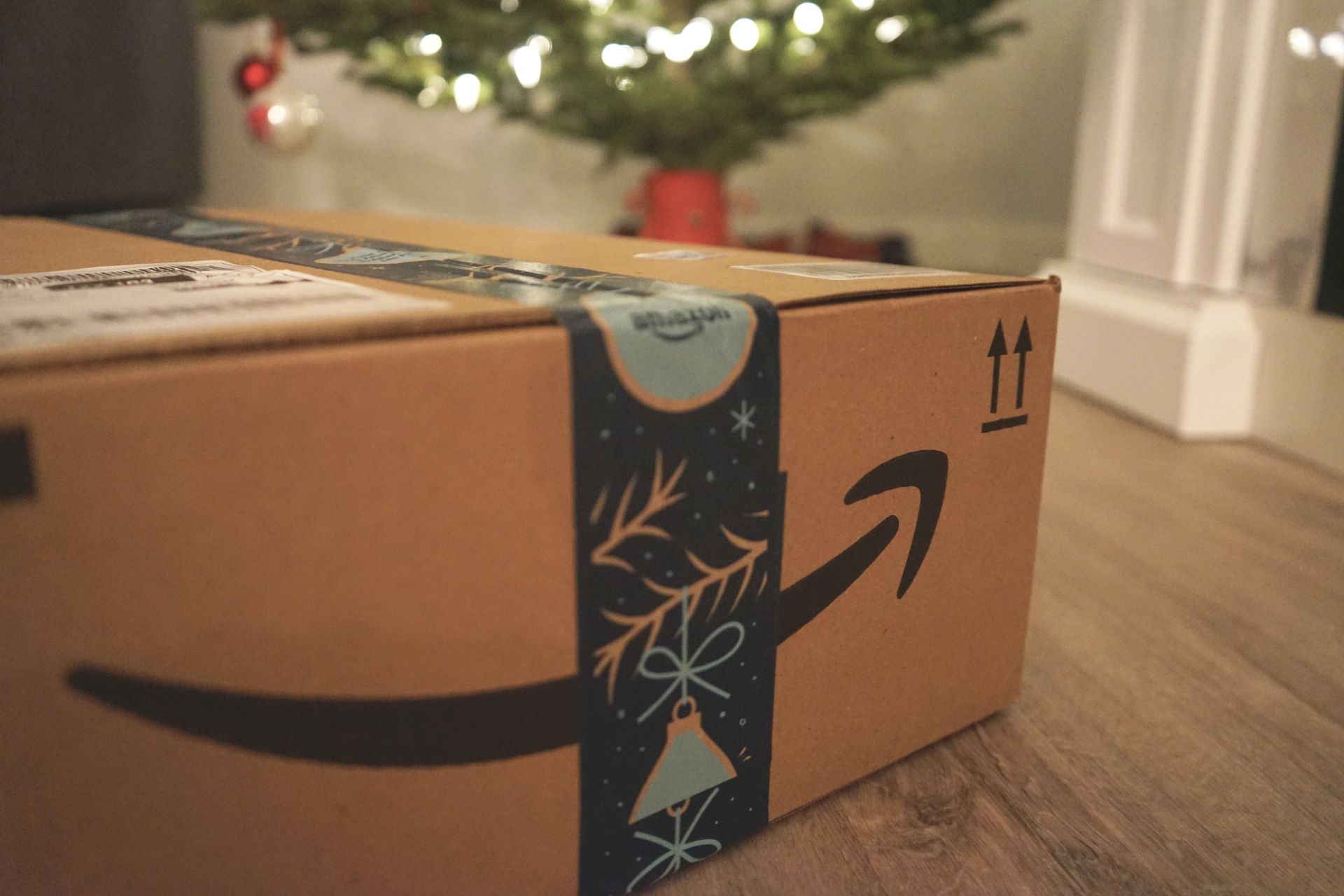FTC sues Amazon as the company has become a monopoly using damaging strategies. The Amazon lawsuit will be taken to court, and the tech giant looks like it is confident in building a strong case to defend their actions.
Federal Trade Commission (FTC) has filed a lawsuit against Amazon, accusing the tech giant of engaging in anticompetitive practices that have harmed fair competition. This legal action, supported by attorneys general from 17 states, is a significant move in the ongoing discussion about Amazon’s market dominance.

FTC sues Amazon: Serious Amazon lawsuit backed up by many
Allegations that Amazon has been unjustly pushing its own items and services to the disadvantage of third-party merchants that rely on the platform for their operations are at the center of this legal struggle. According to the FTC and a coalition of 17 states, Amazon’s policies have limited competition and resulted in bad effects for both consumers and small companies.
One of the key charges is that Amazon compels businesses on its marketplace to use its in-house shipping services in order to qualify for the coveted “Prime” status. The FTC contends that this provision stifles competition by providing numerous benefits. Amazon is also accused of pressuring retailers to put their items on Amazon’s marketplace at the lowest rates possible online. This prohibits vendors from offering comparable rates on other platforms, resulting in increased costs for customers and a worse buying experience overall.

“The complaint alleges that Amazon violates the law not because it is big, but because it engages in a course of exclusionary conduct that prevents current competitors from growing and new competitors from emerging. By stifling competition on price, product selection, quality, and by preventing its current or future rivals from attracting a critical mass of shoppers and sellers, Amazon ensures that no current or future rival can threaten its dominance. Amazon’s far-reaching schemes impact hundreds of billions of dollars in retail sales every year, touch hundreds of thousands of products sold by businesses big and small and affect over a hundred million shoppers,” said FTC in the official announcement.
Furthermore, the complaint alleges that Amazon favors its own products in search results within its marketplace, giving it an unfair advantage over products from third-party sellers. FTC Chair Lina Khan emphasizes that this lawsuit is an essential step in addressing competition issues in digital markets and Amazon’s tactics to suppress its rivals.
17 states join the Amazon monopoly lawsuit
The case is a joint effort in which 17 states have joined the FTC. Connecticut, Delaware, Maine, Maryland, Massachusetts, Michigan, Minnesota, New Jersey, New Hampshire, New Mexico, Nevada, New York, Oklahoma, Oregon, Pennsylvania, Rhode Island, and Wisconsin are among these states. The case was filed in the Western District of Washington of the United States. It wants a court injunction to stop Amazon from engaging in suspected anticompetitive activities.
While the FTC has not explicitly mentioned seeking a breakup of Amazon, it hasn’t ruled out this possibility either. The term “structural relief” suggests the potential for measures that could reshape Amazon’s business operations. Additionally, the lawsuit leaves open the possibility that individual Amazon executives could be held personally responsible if evidence suggests their involvement in the alleged illegal conduct.

Amazon lawsuit defense
Amazon has strongly contested the allegations made by the FTC and the states. David Zapolsky, Amazon’s General Counsel, stated that the FTC’s approach is misguided and could have harmful consequences, including limiting product choices, increasing prices, delaying deliveries, and restricting options for small businesses. Amazon maintains that its practices have encouraged competition, innovation, and variety in the retail industry, benefiting consumers and small businesses.
In a blog post, Zapolsky cautioned that if the FTC’s lawsuit succeeds, it could lead to higher prices on Amazon, increased costs for the company, and potential outcomes like higher Amazon Prime subscription fees or slower shipping services. Amazon insists that its mission is to provide lower prices, faster delivery, and support for small businesses.
Featured image credit: ANIRUDH/Unsplash
- SEO Powered Content & PR Distribution. Get Amplified Today.
- PlatoData.Network Vertical Generative Ai. Empower Yourself. Access Here.
- PlatoAiStream. Web3 Intelligence. Knowledge Amplified. Access Here.
- PlatoESG. Carbon, CleanTech, Energy, Environment, Solar, Waste Management. Access Here.
- PlatoHealth. Biotech and Clinical Trials Intelligence. Access Here.
- Source: https://dataconomy.com/2023/09/27/ftc-sues-amazon-and-the-company-is-confident-in-themselves-amazon-lawsuit-is-now/
- :has
- :is
- :not
- $UP
- 1
- 17
- a
- About
- According
- accused
- Action
- actions
- activities
- Additionally
- addressing
- ADvantage
- affect
- against
- Allegations
- alleged
- alleges
- also
- Amazon
- among
- an
- and
- approach
- ARE
- AS
- At
- attracting
- backed
- Bad
- BE
- because
- become
- been
- benefiting
- benefits
- Big
- billions
- Blog
- both
- Building
- built
- business
- business operations
- businesses
- but
- Buying
- by
- CAN
- case
- Center
- Chair
- charges
- choices
- coalition
- commission
- Companies
- company
- comparable
- competition
- competitors
- complaint
- Conduct
- confident
- Connecticut
- Consequences
- Consumers
- Costs
- could
- counsel
- course
- Court
- coveted
- credit
- critical
- Current
- Customers
- damaging
- David
- Delaware
- Deliveries
- delivery
- digital
- Disadvantage
- discussion
- district
- dollars
- Dominance
- effects
- effort
- either
- emerging
- emphasizes
- encouraged
- engages
- engaging
- ensures
- essential
- Every
- evidence
- executives
- experience
- fair
- far-reaching
- faster
- favors
- Fees
- filed
- For
- from
- FTC
- future
- General
- giant
- Giving
- Growing
- Hampshire
- harmful
- Have
- Held
- High
- higher
- HTTPS
- hundred
- Hundreds
- if
- Illegal
- image
- Impact
- in
- Including
- increased
- increasing
- individual
- industry
- Innovation
- involvement
- island
- issues
- IT
- items
- ITS
- Jersey
- join
- joined
- joint
- jpg
- Key
- Law
- lawsuit
- lead
- Legal
- Legal Action
- like
- Limited
- LOOKS
- lower
- lowest
- made
- Maine
- maintains
- Market
- Market Dominance
- marketplace
- Markets
- Maryland
- Mass
- massachusetts
- max-width
- measures
- mentioned
- Merchants
- Mexico
- Michigan
- million
- minnesota
- Mission
- move
- NEVADA
- New
- New Jersey
- New York
- no
- numerous
- numerous benefits
- of
- offering
- Oklahoma
- on
- ongoing
- online
- open
- Operations
- Options
- or
- order
- Oregon
- Other
- out
- outcomes
- over
- overall
- own
- Pennsylvania
- Personally
- platform
- Platforms
- plato
- Plato Data Intelligence
- PlatoData
- policies
- possibility
- possible
- Post
- potential
- practices
- preventing
- prevents
- price
- Prices
- Prime
- Product
- Products
- provide
- providing
- provision
- Pushing
- put
- qualify
- quality
- Rates
- rely
- reshape
- responsible
- restricting
- resulted
- resulting
- Results
- retail
- retail industry
- Retail Sales
- retailers
- Rival
- rivals
- ruled
- Said
- sales
- schemes
- Search
- seeking
- seems
- selection
- Sellers
- serious
- Services
- Shipping
- Shoppers
- significant
- small
- small businesses
- sold
- stated
- States
- Status
- Step
- stifles
- Stop
- strategies
- strong
- strongly
- Struggle
- subscription
- Sues
- Suggests
- support
- Supported
- suspected
- tactics
- taken
- tech
- term
- that
- The
- the Law
- their
- These
- they
- think
- third-party
- this
- thousands
- threaten
- to
- touch
- trade
- unfair
- United
- United States
- use
- using
- variety
- vendors
- wants
- was
- washington
- Western
- which
- will
- Wisconsin
- within
- worse
- year
- york
- zephyrnet












